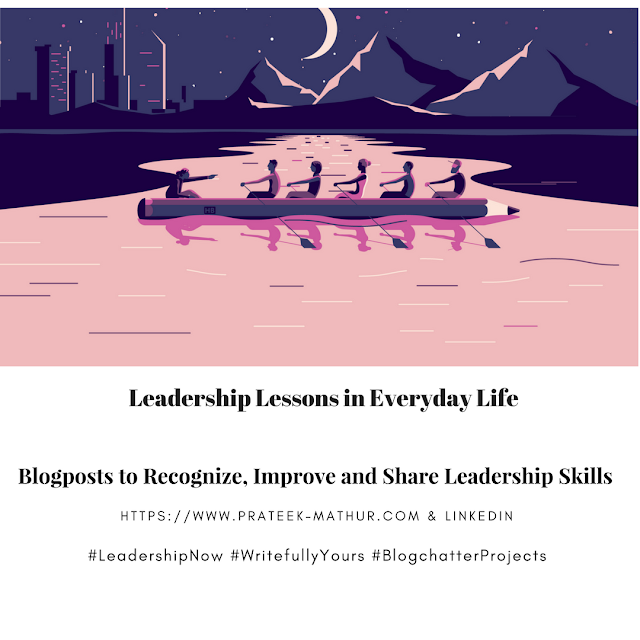 |
| Source: Google Images |
A funnier way to wish someone on
their birthday is to tell them that growing old is compulsory but growing up is
a choice! The implication being, while one cannot prevent aging, getting
expectedly mature with that age, is an individual choice. Corporations work in
a similar way where the age is often
used as a justification to resist change in the status quo. Thus, a refusal to mature
with time and not welcoming new leadership, is commonplace. In my opinion, if you
spared a dollar, each time you heard - “that
is how it has always been done, here!” - you
would be very rich, very soon!
The credibility that comes with
the age of a company, is unparalleled and much respected. It is also one of the
biggest contributors to its brand value. However, just as in our lives, age is
nothing more than a proof of survival. While survival indicates fortitude and
endurance, it neither tells the story of the state of management (akin to
“quality” of life) nor is it an omen of things to come, pertaining to the
health of the company.
This is an important distinction
for young leaders to understand as, both the lure and the ease, of falling for
the status quo, could be dangerous.
Add to it, the resistance, and despite of all good intentions, this could be an
uphill battle for a young professional.
 |
| Source: Google Images |
How does this translate for a
young professional?
Show up and start small! Yes, it could, and probably should, be that simple.
“If opportunity doesn’t knock,
build a door.” – Milton Berle
Leadership does not begin with
titles. Anyone who can take upon the onus of inspiring others whilst developing
a strategic plan with a long - term view, could be a leader. What they need to
recognize is their circle of influence.
Stephen R. Covey, in his famous book 7 Habits of Highly Effective People, simply defines circle of influence as
the things one has control over. Very often, we lose energy and time, focusing
on factors outside of this circle (known as circle
of concern) and thus, never realize the individual impact of our working
style. In this circle, you must encourage, influence, gauge, and lead with
vision and strategy.
For young professionals,
leadership begins with effective project management. Even if you are in-charge
of only one project, you can be a leader in that by focusing on the right
things. Reassessing your role and responsibilities, with a larger picture and a
long-term view, is the first step of being an effective leader and a better
employee. Project management across teams, helps in both, understanding the
perspective of the company and the opportunities of change.
One of the most significant
lessons from project management resides in team building. Having the right
people in the right jobs, and entrusting and empowering them, is a virtue that
must be realized by all aspiring leaders. Project Management is demonstration
of team work and a good leader is an integrator of people. To make people feel
listened to, understanding their perspective and to get their point across
others, on their behalf, are all seemingly obvious, but surprisingly rare
qualities. The ones who can hone in on these small things, can make up for
great leaders of the future.
“Opportunities are usually disguised as hard work, so most people don't recognize them.” - Ann Landers
................................................................................................................................
Read the first part of the #LeadNow series here:-
http://www.prateek-mathur.com/2017/12/leadershiplessons.html

